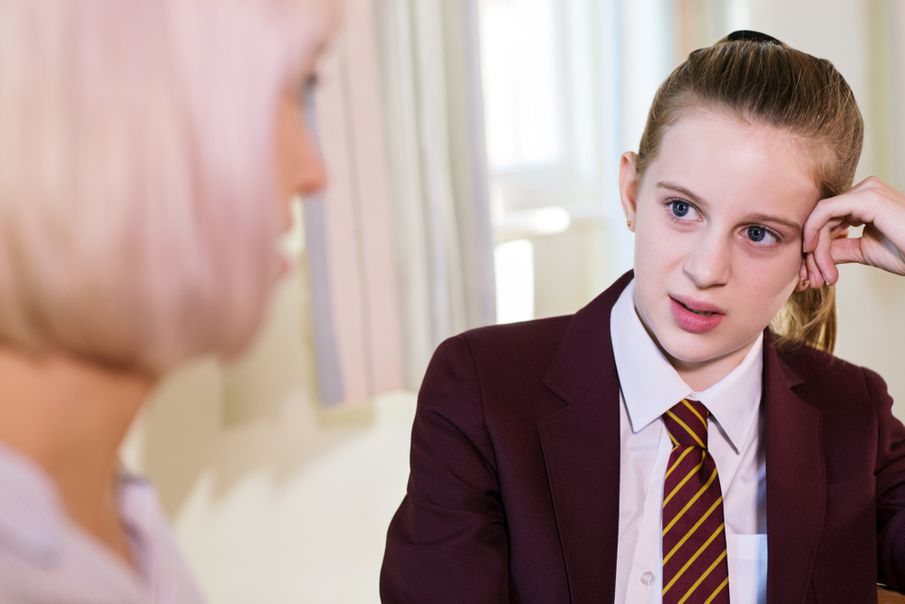New research finds that the average number of children and young people who spoke to a school counsellor dropped dramatically since Covid-19 restrictions came into place in March
For more than 100,000 children and young people, school counselling provides them with a safe space to talk about things that are worrying them or causing them distress, as well as offering guidance through difficult times.
But new research from the University of Roehampton and the British Association for Counselling and Psychotherapy (BACP) has found that the number of children who are accessing school counselling services has halved since 14 March, when Covid-19 restrictions came into effect.
Working from a survey of 742 UK counsellors, researchers saw that the average number of children and young people that the counsellors were seeing dropped from 14 to seven between March and July.
Perhaps unsurprisingly, the study also found that there was a significant reduction in the hours of face-to-face counselling, dropping from 15 to three hours. That said, at the same time there was an increase in the level of video, phone, and text-based counselling delivered by counsellors – with average times rising from 18 minutes to two hours 58 minutes for video counselling and telephone appointment from 13 minutes to three hours 19 minutes.
Considering the findings of the study, project co-lead Mick Cooper, professor of counselling psychology at the University of Roehampton, said:
“School counselling provides vital support for children and young people. Our research shows that it can bring about significant improvements in mental wellbeing. By talking to a professionally trained counsellor, children and young people can get things off their chests, work out solutions to their difficulties, and develop life skills like being more assertive and relating more positively to others.
“This reduction in services comes at a particularly bad time. We know that Covid-19 is creating more emotional difficulties and stress for children and young people. It’s a massive problem if they then do not have the support to work these problems out.”
The average number of children and young people that the counsellors were seeing dropped from 14 to seven
As Mick notes, now is a particularly challenging time for many people as we face the strain of Covid-19 and young people additionally may have concerns about GCSE and A-Level results, as well as expectations for the coming academic year.
This is something that Jo Holmes, Children and Young People and Families Lead at BACP is especially concerned about, as she considers the survey and the current challenges that will arise over the coming year.
“We expect to see a rush of children and young people seeking support from school counsellors when the new term starts,” Jo explains. “Counsellors will play a critical role in supporting young people through the anxieties, uncertainty, grief and trauma they face because of the global pandemic.
“For some young people, this vital support will come after six months of not being able to access the services they need and of struggling with their feelings and emotions alone. It’s crucial that school counselling services are supported and funded to meet this anticipated increase in demand.”
All this considered, Jo is looking to the future and considering how to adapt to meet the new needs of the young people who use school counselling services, and she notes how many counsellors have used their time in lockdown to retrain in order to be able to deliver remote sessions, something that will only aid them in the future.
As we move forward, many things about our lives are going to have to change – and the way that we deliver and access counselling is one thing that will be forced to evolve. And while the findings in this study do highlight concerns about the number of people who have found the support that they need while in lockdown, it also offers hopeful insight into the future of these services, and individuals’ determination to continue to provide this imperative support.


Comments